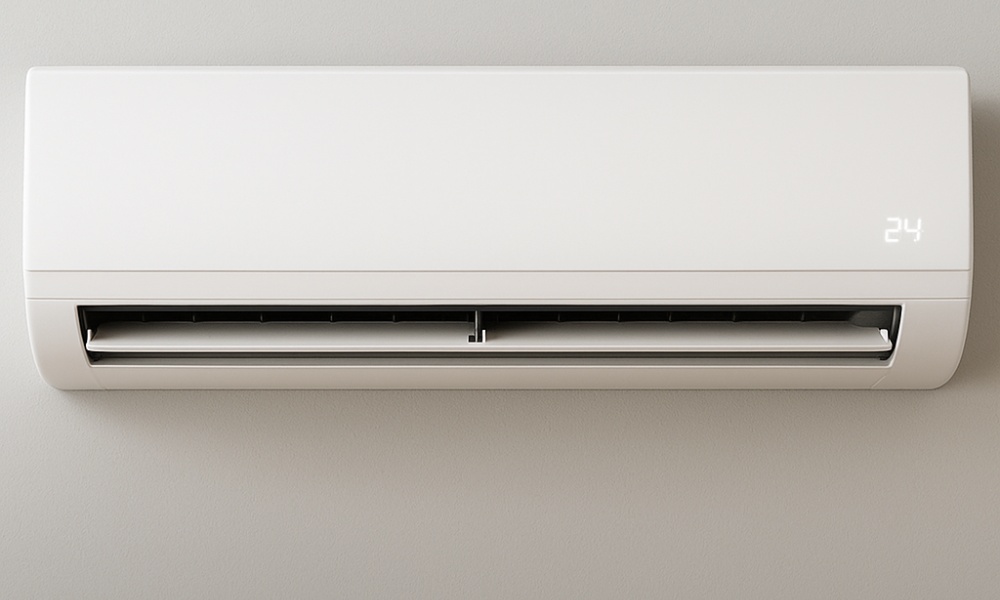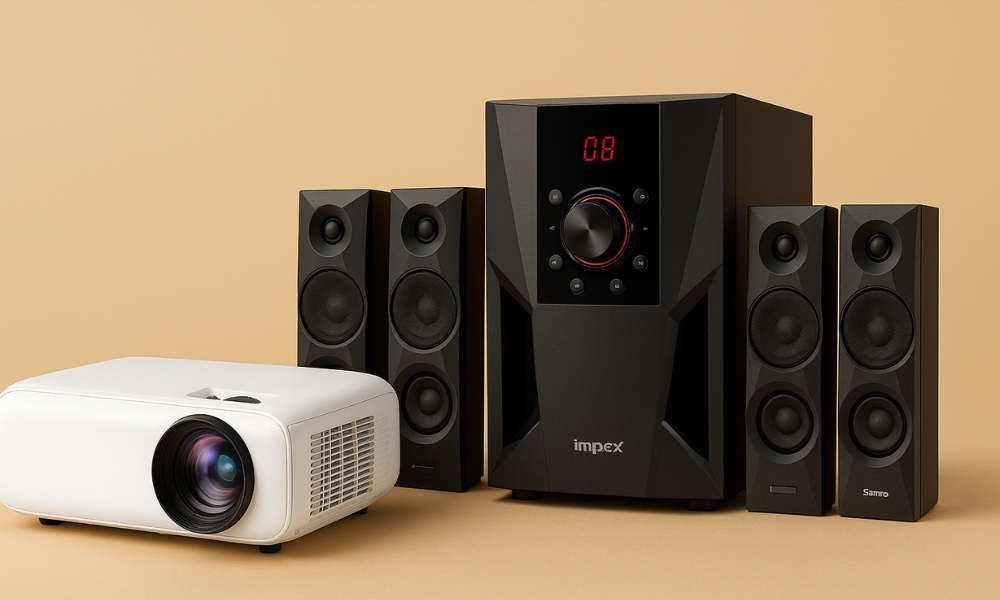Why does my water heater drip during heating? Leave a comment
Finding a poodle of water under your water heater is annoying, for sure!
It’s a new mess to clean up every other day, not to mention the headache of fixing it.
Many of us fall into forgetfulness because the water heater is often positioned in an area of the home that is rarely visited. We only become aware of a problem when the water heater drips and when it is painfully clear that something is wrong with it.
In this article, we are going to discuss how a water heater works, common reasons for the drip, whether you can fix it on your own or if you would need to seek the help of a repairing professional, and how you can maintain your water heater to prevent such malfunctions in the future!
How does it work?
To understand what is wrong with your water heater, you must know how it actually works!
The inner workings of a water heater are simple enough to understand.
Initially, the cold water enters the tank via the inlet pipes, and a dip tube transports the cold water to the tank’s bottom, where it is heated. An electric water heater contains two electrical elements, one at the top and the other near the bottom, which heat the water inside. If you have a gas water heater, the burner assembly ignites the flame. This flame warms the bottom of your water tank, which heats the water inside. Following this, the fumes from the combustion gas exit through a round silver pipe. In addition to releasing flue gases, this pipe heats the water.
At the end, the water exits the heater through the outlet pipe and is distributed everywhere it’s needed.
Common reasons for the leak
Many reasons can cause a water heater to drip. But you might want to check to be sure if it is really a leak or just condensation, because condensation is usually not a big concern. But let’s discuss it along with other reasons for a real leak.
Condensation: Condensation simply means that your water heater is very hot, but the room it is in is rather cold. Condensate from high-efficiency gas water heaters can appear to be a leak but is actually harmless. To confirm the condensation, wipe up the water underneath the heater and turn the gas control valve to the off position. Wait a few hours to see whether it gets wet again under the heater; if there is no water, you can rejoice because it’s just condensation!
If you have an electric water heater, you can check if there is condensation by wiping down the outside of your water heater and then checking to see if the moisture returns in an even pattern throughout the water heater’s surface. If it does, it’s most likely because it’s just harmless condensation.
Ageing: Water heaters, like any other home appliances, can deteriorate due to ageing; they are persistent appliances that are durable for up to ten years. However, ten years can fly by without us really noticing it, so check the receipt and purchase date to know if the leak is simply due to ageing. If that’s the case, it might be time for you to think about a new water heater!
The valves: the different valves on a water heater are more prone to damage. Because of their location on the water heater, the hot and cold inlets and outputs are more vulnerable to damage, so if you notice your heater is leaking, check these.
The drain valve is constructed to remove any silt that enters the water heater; it usually drips a little, but there is a difference between a full-blown leak and a regular drip. Make sure the drain valve is not releasing more than it should.
Your water heater’s temperature and pressure relief valve can leak for various reasons. If the valve is subjected to excessive pressure, it may malfunction. The same outcome can be expected if the water heater boosts the water temperature too high, which can lead to a leak.
Water tank: If your heater’s leak is because of the tank itself, consider it a major issue that cannot be resolved fast! The only true bright side of the tank leaking is that you will know straight away because you will most likely witness flooding rather than dripping.
Even before the leak starts, there are very obvious signs for you to notice there is something wrong with your water heater. The most obvious sign is, of course, a small puddle of water, but if the water temperature has changed and the exterior of your water heater is starting to look rusty or the water heater is producing a louder noise, it might be a sign that your water heater is not in very good condition and is about to let you know that by leaking!
How do you fix it?
As we discussed earlier, leaks are caused by different factors, and they can be fixed by yourself or with the help of a repair professional, but only in some cases!
But the first step to take if you notice the drip is to rule out condensation from the possibilities and locate exactly where the leak is. After confirming there is a leak and locating where it is, turn off the power and drain the tank immediately. Remember to turn off the water supply to the tank as well to make sure no more water is poured into the heater.
Now we are going to address the real issue with your heater! Repairing a water heater can be a simple process or an extremely complex one. If the issue is related to cold and hot water inlets and outlets, you can resolve it yourself by checking connections and tightening them with a wrench. But if there is a water pressure issue or a broken valve and the valves are the issue, you may need to replace them. If you lack experience, better seek professional help.
But if the tank already has a hole, repairs may not work, and you may need to invest in a replacement water heater.
The longevity and efficiency of your water heater depend on proper maintenance. Regularly check the anode, which collects debris, and replace it after two to three years. Flush the water tank once a year to prolong its life. Leakage damage can be invisible, leading to costly repairs. So investing time in maintenance is a good way to prevent unnecessary expenses and ensure a long-lasting life for any appliance, including your water heater.
A new water heater?
So, have you found out what’s wrong with your heater and fixed it? Or is it beyond repair, and now you are looking to buy a new water heater?
Buy your brand-new water heater from Kannankandy!
Buying home appliances can be a huge task, but we make it easy.
Want to see the biggest collection of electronics home appliances Kerala has ever seen? Take a trip to the nearest Kannankandy store and start exploring!
Or are you a homebody who can’t be bothered with offline shopping? Don’t worry, our online store is all yours to explore!
Snoop around and buy kitchen products online; Kerala’s most extensive collection is awaiting you!






